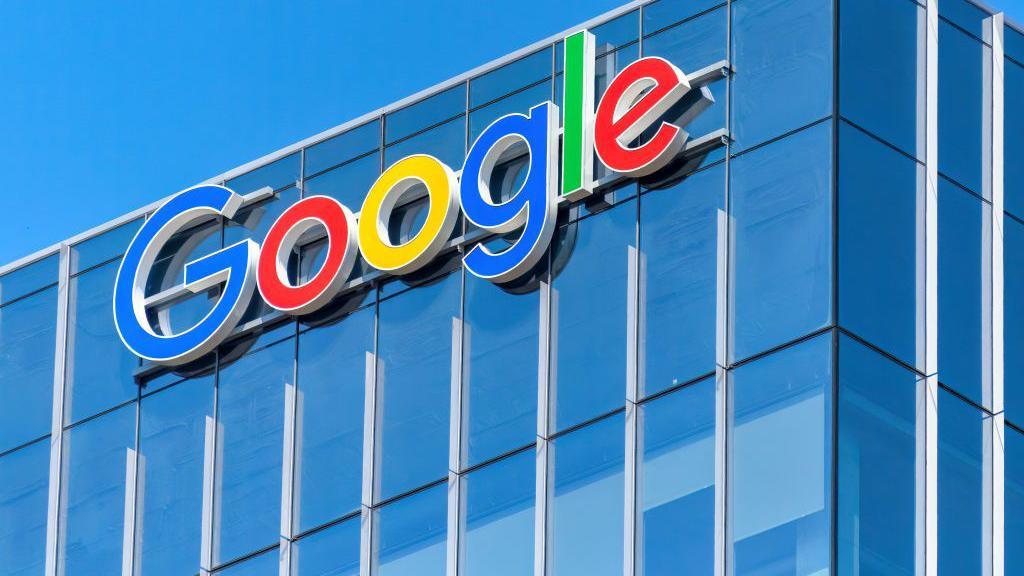Google prevailed in its legal battle against a 1.49 billion euro ($1.66 billion) antitrust fine imposed by the European Union on Wednesday. Meanwhile, chipmaker Qualcomm was unsuccessful in its attempt to overturn a penalty.
The decisions highlight the contradictory legal record of departing EU antitrust chief Margrethe Vestager in support of her anti-Big Tech campaign. Last week, she won two big cases: one against Google and the other against Apple’s tax deal with British officials in Ireland.
Read also: Nigeria generates #2.55 trillion in taxes from Google, Facebook, Netflix, others in 6 months
Google’s AdSense: A case study in market power
In a 2019 ruling, the European Commission declared that Alphabet-owned Google (GOOGL) had exploited its market dominance to bar websites from utilising brokers other than its AdSense network, which offered search advertisements. The alleged legal violations occurred between 2006 and 2016.
The EU’s General Court, which is part of the European Court of Justice, mostly agreed with how the EU competition watchdog examined the case. However, the Commission’s failure to consider all important factors resulted in the fine being revoked.
The judges concluded that the Commission failed to demonstrate that the disputed clauses either prevented new ideas from emerging or strengthened Google’s position in the relevant national markets for online search advertising. They also said that the clauses could have hurt consumers.
Google stated that the case involved only a small number of text-only search ads displayed on a few producers’ websites.
“Even before the Commission decided, we changed our contracts in 2016 to eliminate the relevant parts.” The company said in an email, “We are glad that the court saw mistakes in the first decision and threw out the fine.”
The European Commission, which can appeal to the European Court of Justice on points of law, said it would review the decision and consider what it could do next.
Read also: Google’s Android tablets get a desktop upgrade
AdSense Fines Impacts on Digital Advertising
Microsoft complained about AdSense in 2010, which led to one of three fines that cost Google €8.25 billion ($9.18 billion).
Qualcomm said the US chipmaker could only get the General Court to lower its EU antitrust fine from €242 million to €238.7 million.
The judges accepted none of Qualcomm’s reasons. In 2019, the Commission fined Qualcomm because it prevented British phone software company Icera, now part of Nvidia, from selling its chipsets below cost between 2009 and 2011. This is known as “predatory pricing.”
The Commission also noted that decision.
Although Qualcomm can take legal issues to the European Court of Justice, the company did not immediately reply to a request for comment.
















